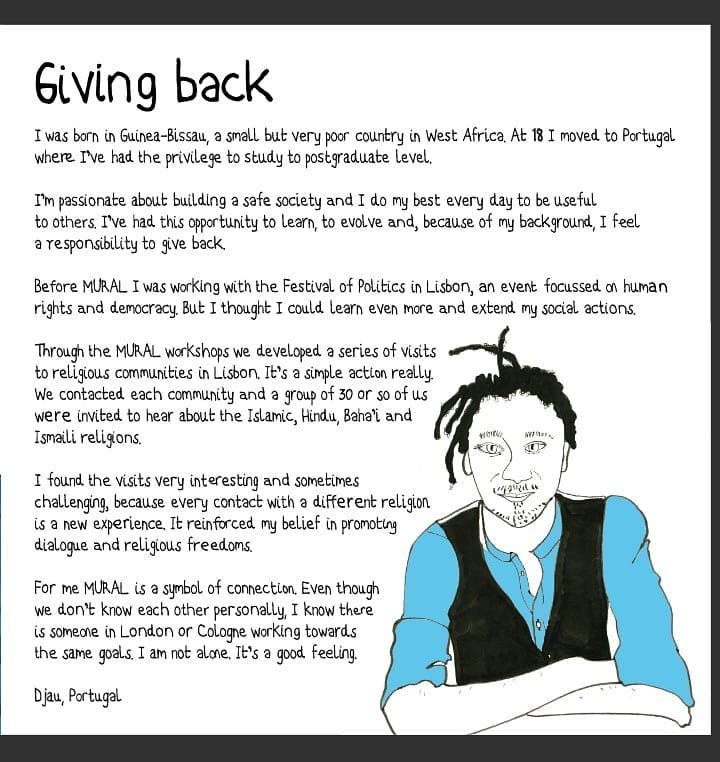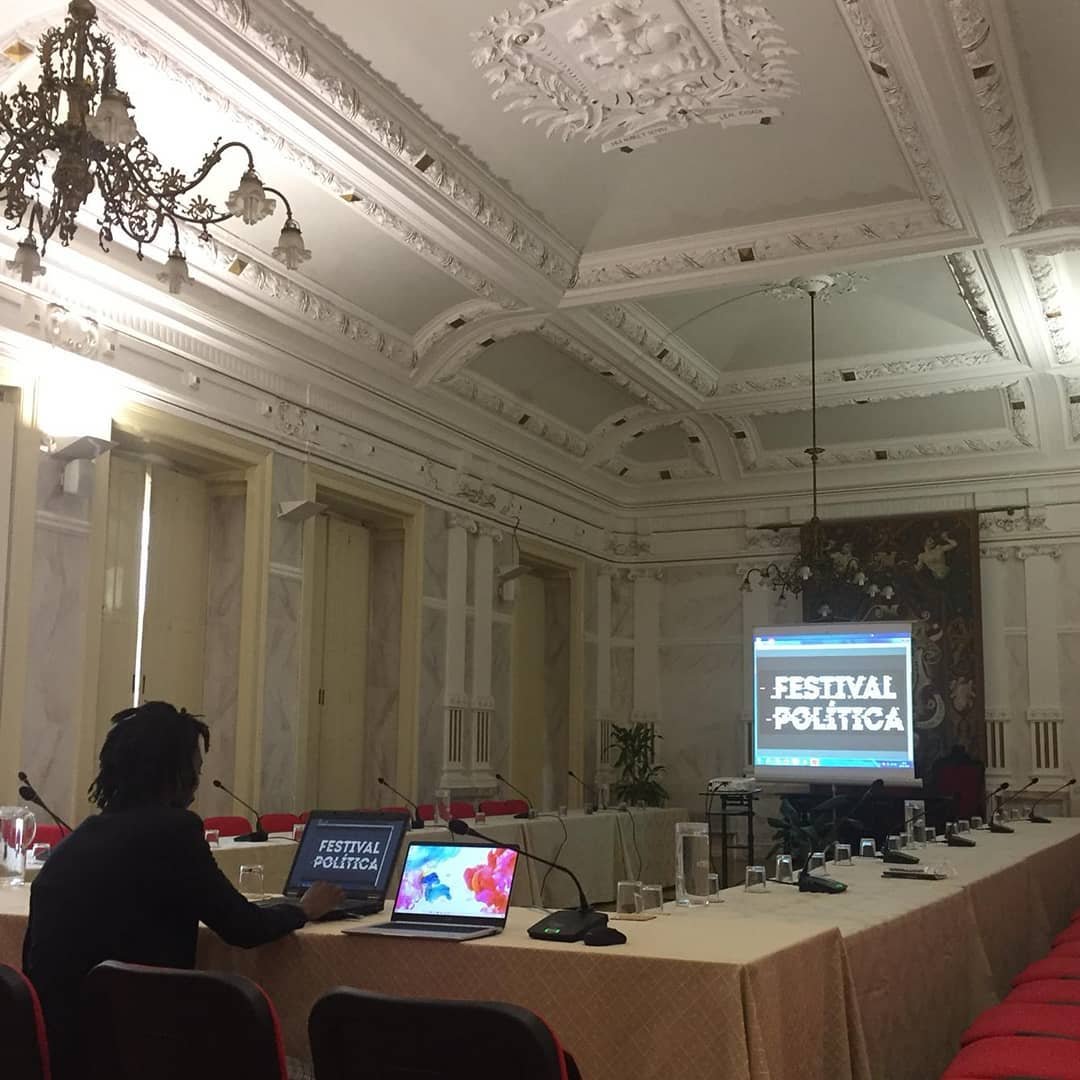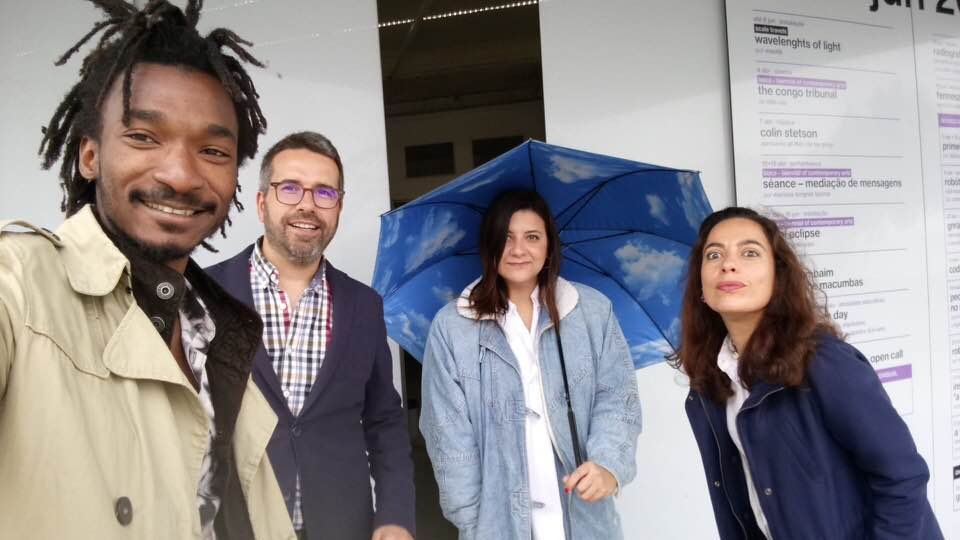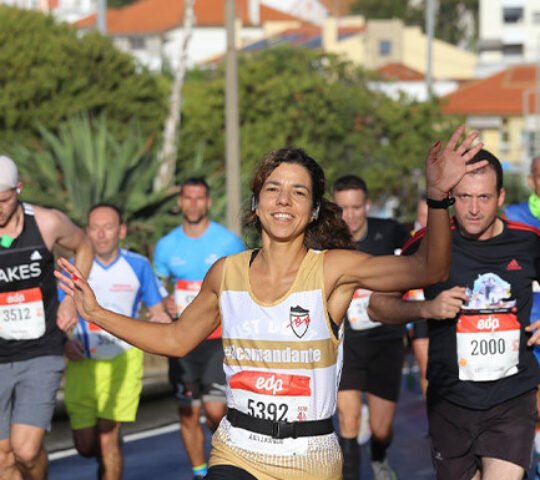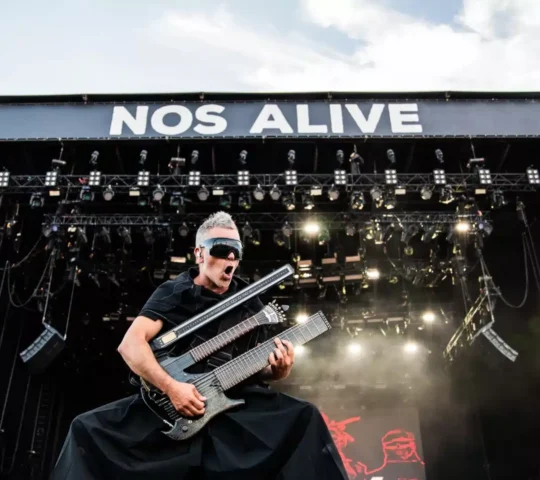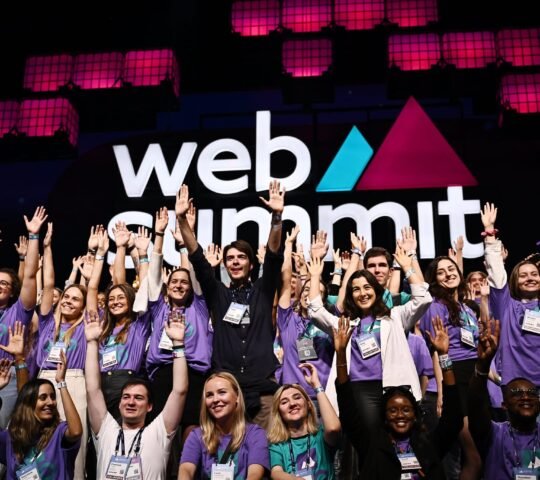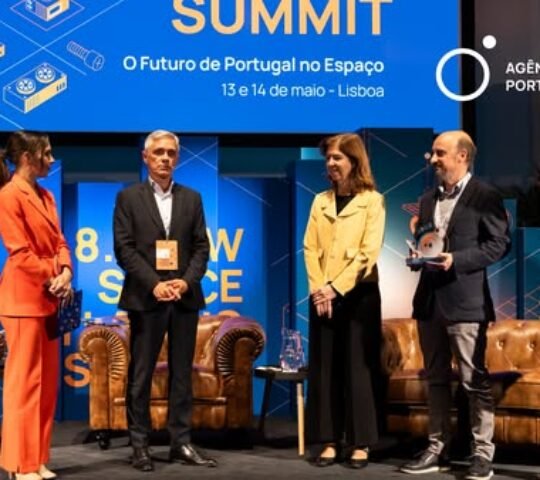Festival Política – Lisbon, Portugal 2026
Background & History
- Festival Política, Portugal’s pioneering civic engagement festival, was launched in 2017 in Lisbon’s iconic Cinema São Jorge by the non-profit Associação Isonomia, an NGO founded in 2015 to champion democratic literacy amid rising youth abstention rates (over 50% in 2015 elections), emerging as a timely commemoration of the 1974 Carnation Revolution’s 43rd anniversary in partnership with EGEAC (Lisbon’s cultural animation entity).
- The inaugural edition, themed “Abstenção” (Abstention), drew 3,000 attendees with 20 films and debates on electoral disengagement, evolving from a three-day Lisbon-centric event into a nationwide platform by 2019, expanding to Braga’s Gnration cultural center to address northern Portugal’s regional disparities in civic participation.
- By 2023’s “Pós-democracia” (Post-Democracy) theme, it had ballooned to 82 activities across four cities (Lisbon, Braga, Coimbra, Loulé), attracting 5,000+ participants and generating 290 media mentions, symbolizing Portugal’s post-austerity push for inclusive discourse on EU-level issues like migration and digital rights.
- Culturally, it embodies the Revolution’s legacy of freedom, blending cinema, theater, and activism to combat discrimination—aligning with Isonomía’s mission to foster tolerance in a nation where 20% of youth report feeling politically alienated—while promoting human rights through UNESCO-aligned programs, boosting civic turnout by 15% in participating municipalities per 2022 studies.
- The 2026 edition, the 10th anniversary, projects a theme of “Fronteiras da Democracia” (Frontiers of Democracy), building on 2025’s “Desacredita a Mentira” (Discredit the Lie) focus on misinformation; it anticipates nationwide reach, with new youth contests via Instituto Português do Desporta e Juventude (IPDJ), aligning with Portugal’s 2026 EU presidency emphasis on resilient governance.
- Historically, expansions to Loulé (2022, Algarve’s diverse migrant hub) and Coimbra (2023, academic epicenter) reflect Isonomía’s strategy to decentralize activism, generating €500,000+ in cultural impact annually through free access, inspiring spin-offs like “Política Jovem” school programs and earning nods from the European Parliament for anti-abstention efforts.
Event Highlights
- Main activities or performances: Core cinema screenings of 20+ competing documentaries and shorts on democratic frontiers, juried by activists like Mariana Mortágua, held in Lisbon’s Cinema São Jorge with Q&As, evolving into Braga’s Gnration for northern premieres of films like 2025’s “Desacredita a Mentira” tackling AI deepfakes.
- Main activities or performances: Live performances and concerts blending protest art—fado-infused spoken word by Ana Bacalhau on human rights, electronic sets by DJ Marfox addressing migration—with youth-led theater pieces in Coimbra’s Convento São Francisco, fostering intergenerational dialogues on tolerance.
- Main activities or performances: Debates and workshops in Loulé’s Cineteatro Louletano, featuring EU parliamentarians on post-Brexit borders, plus hands-on “Literacia Democrática” sessions for schools, culminating in October’s Algarve finale with 1,000-student activations.
- Special traditions or features: Annual “Revolução em Cena” opener on April 25 (Revolution Day), a symbolic reenactment with Carnation Revolution survivors sharing testimonies amid screenings, a ritual since 2017 evoking the 1974 coup’s floral uprising.
- Special traditions or features: “Oficinas da Inclusão” family workshops on anti-discrimination, using role-play games to teach empathy, a staple since 2018 with adaptations for disabilities, held in all cities to reach marginalized communities.
- Special traditions or features: Closing “Manifesto Cívico” concert in Lisbon, where attendees co-create a collective pledge against abstention, signed by artists and projected on São Jorge’s facade, symbolizing nationwide unity.
- Unique attractions for visitors: “Visitas Guiadas Ativistas” tours of revolutionary sites like Lisbon’s 25 de Abril Bridge, led by historians, exclusive to early registrants with AR overlays of 1974 footage.
- Unique attractions for visitors: “Concurso Jovem Política” youth art competition (deadline September 2026), showcasing teen films/performances on themes like digital rights, with winners touring cities and prizes including EU Parliament trips.
- Unique attractions for visitors: VIP “Diálogos Exclusivos” with figures like Catarina Martins, offering intimate roundtables on pós-democracia, limited to 50 with signed manifestos.
Date & Duration
- Dates: November 12 to 14, 2026
Venue / Location
- Lisbon, Portugal
Ticket Information
- How tickets are sold: All events free to promote accessibility; online registration via festivalpolitica.pt from February 2026 for priority seating; on-site at venues (first-come); no paid options, but donations encouraged via Isonomía.
- How tickets are sold: Group bookings for schools/NGOs (10+) via email for reserved blocks; virtual streams free on RTP Play for global access.
- How tickets are sold: Youth contest entries free, with digital submissions; diversity passes ensure front-row for underrepresented groups.
- Whether admission is free or paid: Entirely free, aligning with civic mission; under-18s auto-registered via schools.
- Tell ticket pricing in USD only: All activities $0 USD; optional donations $5.50–$11 USD for “Apoia a Democracia” bundles with programs.
- Tell ticket pricing in USD only: Youth contest prizes (EU trips) $0 entry; family registrations include digital badges $0.
- Tell ticket pricing in USD only: Workshop add-ons (materials) suggested $3 USD.
- Any special seating or VIP options: VIP reserved for donors/activists with post-event receptions $11 USD donation; accessible priority free with ASL/captions.
- Any special seating or VIP options: School packs with transport subsidies $0; senior/inclusion front rows free.
- Any special seating or VIP options: Platinum “Ativista” with private debates $22 USD donation, limited 50.
- ADD MINIMUM AND MAXIMUM TICKETS PRICING TELL: Minimum pricing: $0 USD (all events); Maximum pricing: $22 USD (platinum donation bundle).
Contact Information
- Email: festivalpolitica@gmail.com (general/proposals); lisboa@festivalpolitica.pt (Lisbon-specific); braga@festivalpolitica.pt (Braga); coimbra@festivalpolitica.pt (Coimbra); loule@festivalpolitica.pt (Loulé).
- Email: imprensa@festivalpolitica.pt (press); juventude@festivalpolitica.pt (youth contests); isonomia@isonomia.org (NGO support).
- Phone: +351 218 877 000 (EGEAC Lisbon, multilingual); +351 253 203 600 (Braga tourism); +351 239 488 000 (Coimbra); +351 289 412 000 (Loulé).
- Phone: +351 213 243 000 (Isonomía office); +351 800 100 100 (IPDJ youth helpline).
- Website: https://festivalpolitica.pt (program/registrations); https://www.isonomia.org (NGO mission); https://www.egeac.pt (Lisbon partner).
- Social Media: @FestivalPolitica (Instagram/TikTok for teasers); @PoliticaFestival (Facebook events); @FPoliticaPT (X debates).
- Social Media: YouTube for archives/podcasts; Newsletter for contest alerts.
- Key Staff: Ana Franco (Director, ana@isonomia.org); Mariana Mortágua (Programming Curator); IPDJ Youth Leads.
- Press/Volunteers: imprensa@festivalpolitica.pt (48h kits); volunteers@festivalpolitica.pt (Feb apps, March training, certificates).
- Note: 24–48h responses; English/Portuguese/Spanish; GDPR for registrations.
Cultural Experience
- Attendees delve into Portugal’s revolutionary spirit through immersive debates on Lisbon’s Alfama streets, where fado laments underscore talks on digital borders, reflecting the 1974 coup’s legacy of freedom amid modern EU challenges like migration.
- Traditions include the “25 de Abril Manifesto” readings by survivors, a poignant ritual since 2017 evoking carnations as symbols of non-violent change, now with youth adaptations for TikTok shares.
- Costumes evoke activist chic: Revolution-era scarves with modern protest pins at ateliers, blending saudade aesthetics with global solidarity motifs.
- Local customs feature ginjinha toasts post-screenings, sparking dialogues on abstention in tabernas, akin to 1970s café clandestines.
- Expect “Fronteiras em Foco” exhibits unpacking Lusophone rights—from Angolan exile tales to Brazilian favela activism—with panels on decolonial democracy.
- Performances span spoken-word on human rights to electronic soundscapes of protest, inviting reflections on inclusion via guided Convento São Francisco walks.
- Additional: AR “Revolução Remasterizada” apps overlaying 1974 footage on live events, evening lantern vigils for global unity.
Food & Drinks
- Must-try: Pastéis de bacalhau—crispy cod fritters with tartare, a Lisbon street staple at $3 USD during São Jorge breaks, evoking revolutionary snacks.
- Must-try: Arroz de marisco—seafood rice stew, oceanic nod to borders at $11 USD in Loulé’s cafés.
- Must-try: Bifana—spicy pork sandwich, fuel for debates at $4 USD from Braga vendors.
- Must-try: Queijadas de Sintra—cheese tarts, sweet activism at $2 USD post-workshops.
- Drinks: Vinho verde—crisp Minho white at $3 USD glass, effervescent like civic sparks.
- Drinks: Ginjinha—cherry liqueur shots $2 USD, warming Coimbra evenings.
- Drinks: Licor Beirão herbal $4 USD, digestif for deep discussions.
- Additional: Vegan tempura legumes $5 USD; GF pastéis; venues with 20% civic discounts, fado pairings.
Getting There
- Nearest airports: Humberto Delgado (LIS) for Lisbon/Braga/Coimbra (0–3h drives); Faro (FAO) for Loulé (2h).
- Public transport: CP trains LIS to Braga ($22 USD, 3h); to Coimbra ($16 USD, 2h); to Loulé via bus ($27 USD, 3h).
- Public transport: Rede Expressos buses nationwide ($11–$22 USD).
- Driving/Parking: A1 Lisbon-Braga (3h, tolls $16 USD); free at venues.
- Taxis/Rideshares: Uber LIS to São Jorge $5 USD; Bolt to Gnration $108 USD.
- Walking/Biking: City centers pedestrian; rentals $11 USD/day.
- Accessibility: Metro lifts; shuttles from stations.
Accommodation Options
- Budget: Lisbon Yes! Hostel (1 km São Jorge, $22 USD dorms).
- Budget: Braga HI (0.5 km Gnration, $33 USD).
- Mid-range: Hotel do Chiado Lisbon ($77 USD) views.
- Mid-range: Coimbra Hotel Santa Cruz ($88 USD) historic.
- Luxury: Four Seasons Ritz Lisbon ($220 USD) central.
- Aparthotels: Loulé Marina Suites ($66 USD) beachy.
- Eco-friendly: Green Urban Braga ($55 USD) solar.
- Booking tips: Booking.com 48h; April spike 25%, book Jan; Airbnbs $66 USD; packs 15% off.
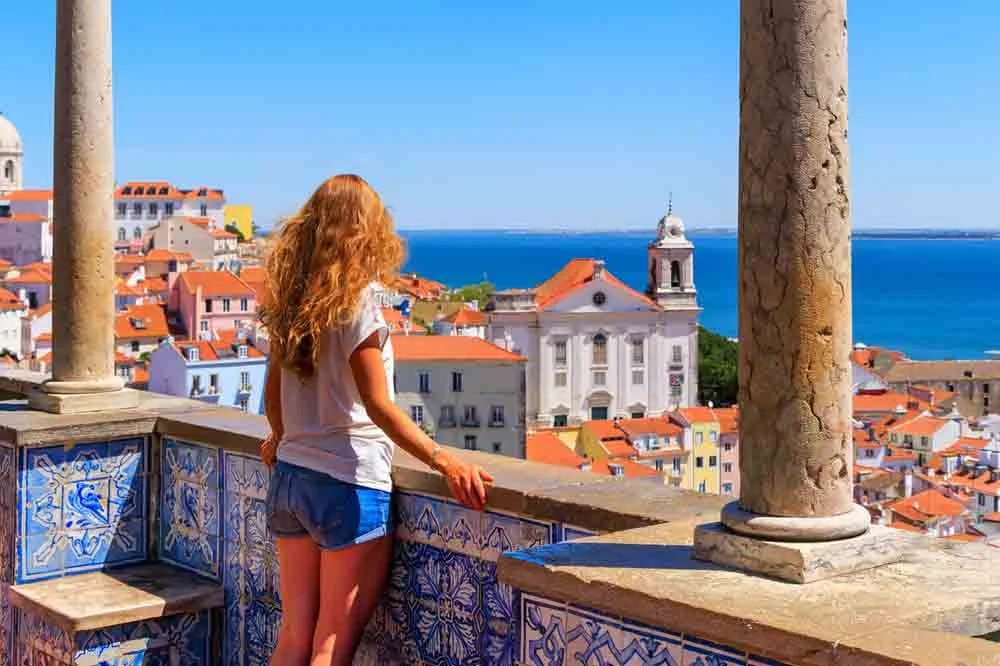
Attention!
We offer complete packages including Event Tickets, Accommodation, Transportation & more — so you don’t have to worry about anything.
Contact Us →Before you go, check these helpful travel products:
Maps
Contact
Video
FAQ's
What is the theme and structure for Festival Política 2026?
"Fronteiras da Democracia" explores borders in politics, migration, and digital spaces, with 80+ free activities (cinema, debates, performances) across Lisbon (April), Braga (May), Coimbra (Feb/Sept), Loulé (Oct); 20 films compete, plus youth contests—building on 2025's misinformation focus for 6,000+ attendees.
How does Festival Política promote civic engagement and rights?
Through Isonomía's mission, it combats 50% youth abstention via debates with EU figures, human rights workshops, and anti-discrimination performances; 2023's 5,000 participants saw 15% turnout rise, with 2026's IPDJ contests awarding EU trips to young activists.
Is Festival Política free, and how to register for 2026?
Yes, all events gratis to ensure inclusion; register online from February 2026 at festivalpolitica.pt for seats (first-come); schools/NGOs email for blocks—2025 drew 290 media hits, projecting 7,000 for anniversary.
What new features or expansions in 2026?
10th anniversary adds "Política Jovem" nationwide tour with teen-led films on decolonial themes, plus AR Revolution walks; expansions to Porto tentative, aligning with EU presidency for broader Lusophone dialogues on rights.
How accessible and diverse is Festival Política 2026?
Fully inclusive with ASL/captions, ramps, quiet zones; 40% programming for marginalized voices (youth, disabled, migrants) per 2023 plan—contact acessibilidade@festivalpolitica.pt for custom aids, ensuring 95% satisfaction from 2025 surveys.




